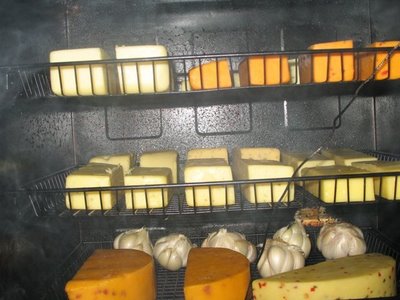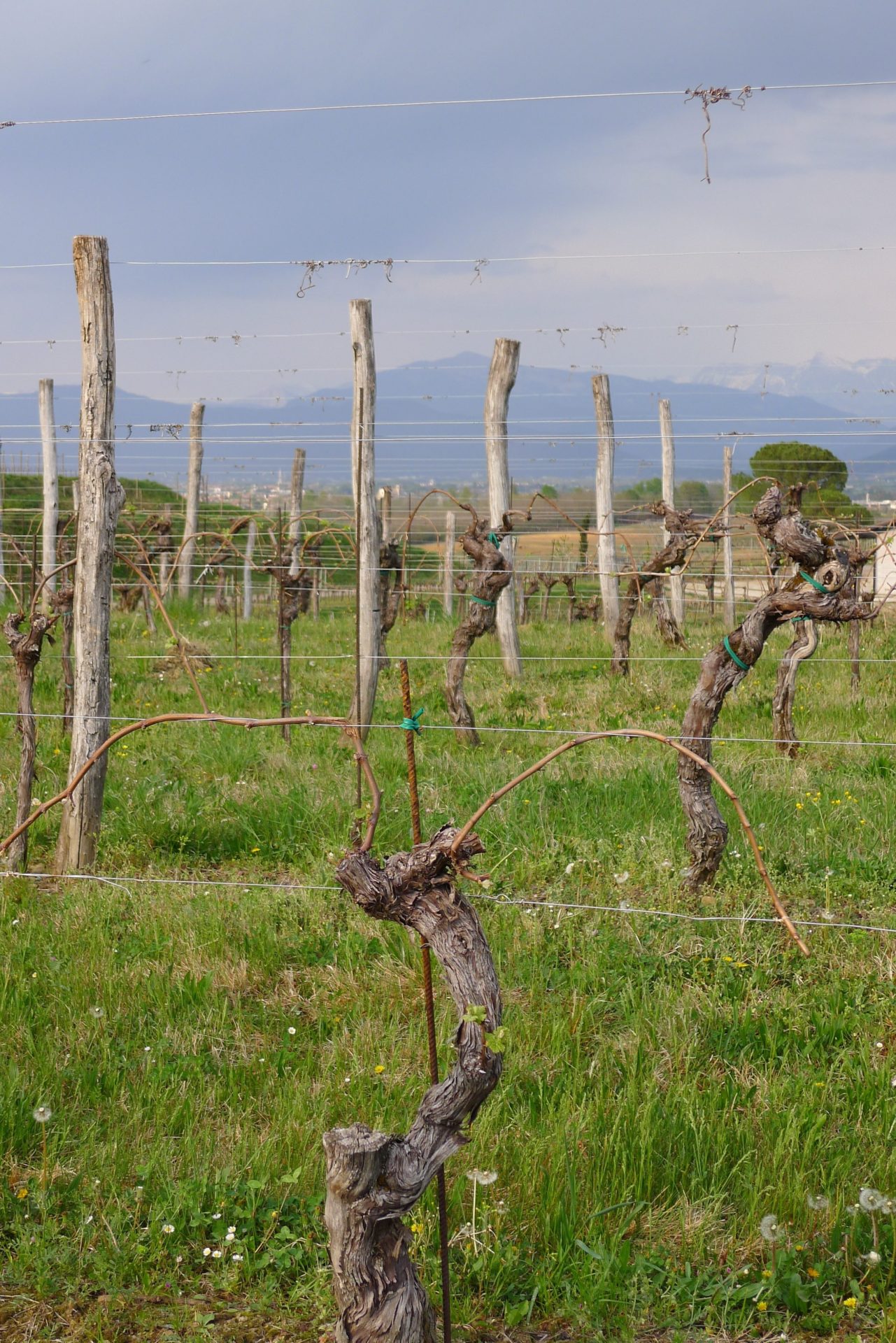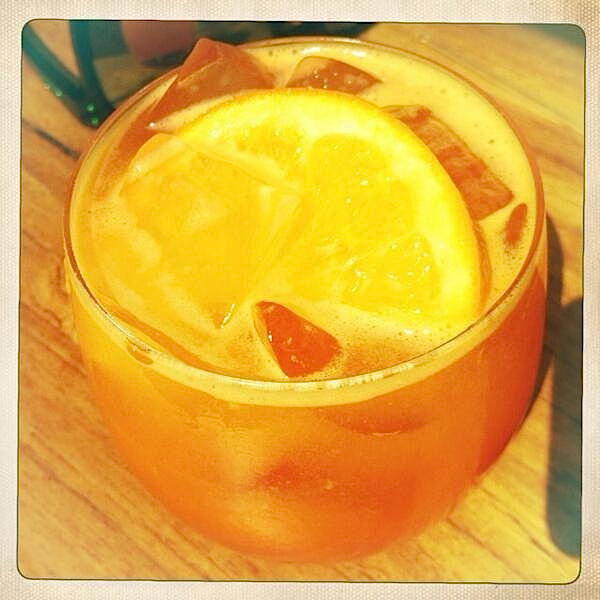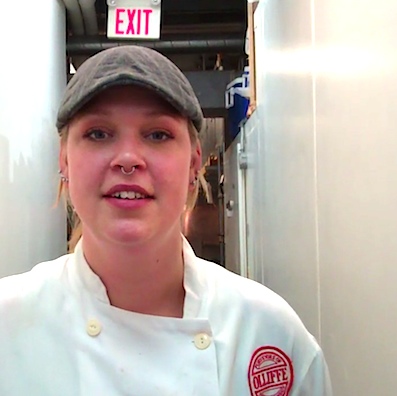By Kylie Meyermann
I’m a firm believer that terroir does exist. I don’t require an Oxford English Dictionary definition to explain to me the meaning of terroir. Terroir is in the heart and soul of food and wine.
That’s the only definition I need.
Many cheese enthusiasts will agree that terroir is an inherent gem of artisan cheese, but many of these terroir disciples (including myself) are split on the idea of smoked cheese and how it may either cripple or enhance terroir. Some purists insist that smoke hinders the cheese’s natural flavour, while others claim it adds character and complexity. (Max McCalman, A Burning Issue)
Both arguments may be true, but the key to terroir and smoke is finding the perfect balance.

Simulating Taste
Every grocery store has a generic Smoked Gouda in their cheese selection. There is nothing spectacular about this cheese, and it can partially be blamed on the fact that the cheese hasn’t been truly smoked.
Unbeknownst to cheese lovers, not all smoked cheeses are made by the honourable method of putting wood to flame. Some cheese makers use “liquid smoke” to simulate the tasty effect of a burning wood fire. Although this method is cost effective and can be quite tasty when used accordingly, more often than not the liquid smoke adds a “medicinal” taste to the cheese. Liquid smoke also hinders the work of starter cultures, which can slow flavour development. (Max McCalman, A Burning Issue)
When buying cheese, look for cheeses labelled as “Naturally Smoked” as compared to “Natural Smoked Flavour“. The real thing can make a big difference, especially in Protected Designations of Origin (PDO).
Terroir and Cheese
A thousand years ago, dairy farmers were forced to use the bare minimums to make cheese. In Germany, Russia and Austria, cheese makers required a constant fire to keep them warm while they crafted their cheese. (Hence, the creation of smoked cheese). The cheese makers choice of fuel was also determined from necessity and whatever materials were readily available were often used for fuel.
In Spain, Basque’s sheep’s milk Idiazabal is smoked over beech and hawthorn wood, giving the cheese a distinctive tobacco aroma. Asturian’s blue Gamonedo is produced in a region with an abundance of apple trees, which when used for fuel gives the cheese a sweet-fruit flavour. (Max McCalman, A Burning Issue)
The choice of fuel is a significant factor in building the terroir of the cheese. In Canada, maple is a common choice of fuel. The wood produces a rustic caramel tone in the cheese.

Technique
What ultimately sets the standard of smoked cheese is the technique and equipment used.
The natural smoke fumes wafting from the flames come in two separate phases. The first set of smoke vapours consist of particular matter: tars, resins, higher boiling phenolic compounds and potential aromatic hydrocarbons (PAHs). PAHs are gases that contain volatile flavour and colour forming compounds. The second phase of smoke exhibits a much higher concentration of smoke flavor phenolic compounds, without the toxins.
Cheese makers use the second phase of smoke, which is much cleaner and more beneficial for the cheese. A Pinney system smoker allows the cheese maker to separate the two types of smoke. The harsh smoke drafts through a chimney while the other smoke is sent directly to the smoking chamber where it can gently serenade the cheese. (Max McCalman, A Burning Issue)
Of course, the latter technique is more time consuming and more expensive than placing the cheese directly in the flame, but the harsh tars and resins, along with the heat from the direct smoke will seriously alter the intended terroir of the cheese.
Clearly, smoked cheese can deliver true expressions of terroir. It’s up to the customer to read the label, look for PDO certified cheese and experiment. Cheese is supposed to be fun and delicious and there is no better way to learn what you like than by exercising your palate.
 Kylie Meyermann is a writer for Good Food Revolution and a die hard fan of cheese and wine. Follow her one Twitter! KyliesWines.
Kylie Meyermann is a writer for Good Food Revolution and a die hard fan of cheese and wine. Follow her one Twitter! KyliesWines.








We currently have a major catering client wanting to do (actually, insisting on) a wine & cheese tasting with a smoked cheese of “questionable” origins, as well as a sketchy flavoured stilton. (Read nasty, not cheeses that we would ever sell nor recommend.) Many people do not realize that a majority of “smoked” cheeses are chemically flavoured. A delicate road to walk!